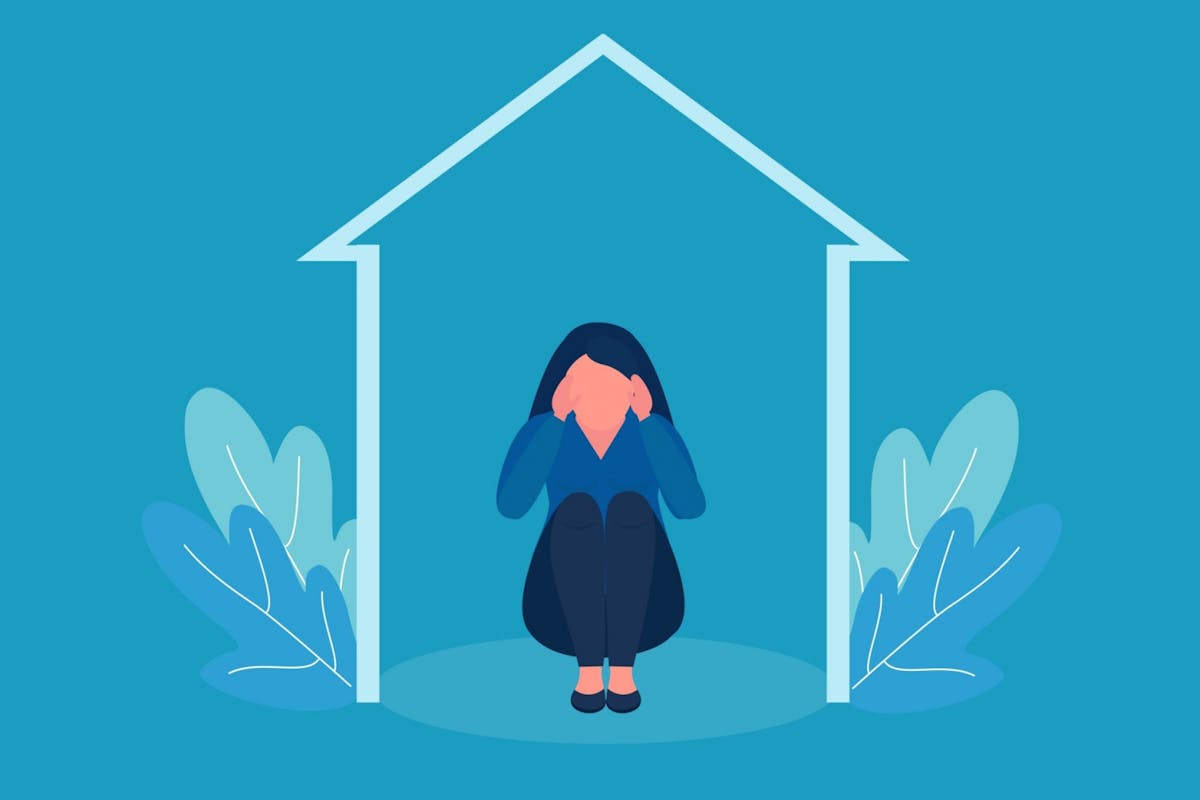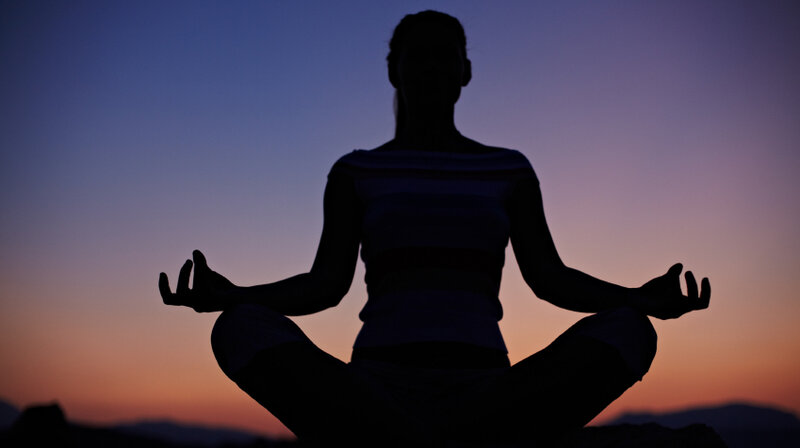Managing Anxiety Surrounding Coronavirus
'Dealing with Coronavirus Anxiety'
Managing and caring for ones health during a pandemic.
Tips and tricks for managing Anxiety around Coronavirus:
1. Talking. Find someone you can talk to about how you feel, whether that be a family member, a friend, a professional, or someone who supports you in your life. Talking helps release thoughts that can become tangled in the mind. When talking, you can free thoughts and let them pass or consider ways to manage them, understand what you're worried about, and come to terms with the fact your thoughts are part of you, but they do not control you. Through talking you can acknowledge thoughts, work out what helps you, rather than hinders or hurts. It's also a useful tool to remind yourself you're not alone, particularly in the current climate, many of the feelings we feel we're experiencing alone, are shared. Keep in contact where you can, it's reassuring and comforting to hear others if you're unable to see them at the moment.
2. Keeping Informed. There is a lot of misinformation circulating as anxiety rises and news spreads. It's useful to keep up to date with what's going on of course, but to also ensure you have time away, else you can easily become overwhelmed with conflicting information or let anxiety take the lead. Remember that although we have to remain aware and there has been many tragic cases, despite having to face a range of symptoms and intensity when contracting the virus, the majority of those who catch it will be okay. Keep an eye on the reliable sources, the government and NHS Website are two useful examples. These links are below:
https://www.gov.uk/coronavirus and https://www.nhs.uk/conditions/coronavirus-covid-19/
3. Follow the Guidelines. At the moment, there is a lot that we cannot control, or things that remain uncertain. But, we are in control of how we behave. It's important to follow the guidelines, but also continue to live. Awareness rather than compulsion or obsession. If you feel your anxiety has led to such behaviour, don't be afraid to reach out and talk to someone, asking for help is a strength and not a weakness. We can only be aware, responsible and respectful:
- If we are able to, wearing a mask to protect both ourselves and others, covering the nose and the mouth.
- Avoid unnecessary travel or crowded spaces.
- Continue to wash our hands and keep them away from our faces, hands and mouths.
4. Small steps. Whilst adhering to guidelines, I personally feel passionate about continuing to live in a way that's as free as it can be right now. Whether you're in isolation, battling the illness, or you're anxious about doing anything wrong or stepping outside of the house. There are ways to continue to live without unnecessarily harming yourself. We can respect how others feel in these uncertain times without behaving irrationally or foolishly, we can adhere to the guidelines simply to help ourselves and others. To respect ourselves and others. We can take small steps. Doing what you personally feel comfortable with whilst caring for your well-being. If we are able to, we can go on little walks whilst remaining aware and wearing a mask, we can volunteer to help those who are vulnerable or perhaps cannot get out. There is no rush to return to old ways immediately when so much has changed and we are constantly adapting. There's no rush to return to gyms, hairdressers or holidays if you are able to but don't feel comfortable right now. We have to take little steps to build a sense of support amongst us all, we are all going through this together.
5. Exploring what calms you. It's extremely useful to use this time to get to know yourself. To explore techniques or strategies to figure out what personally helps you return to the present, rather than letting your thoughts run away with you. It's useful to bring yourself back to your centre, to know what helps you so you have something to turn to if and when anxiety rises. Some examples:
- Yoga
- Mindfulness, (focusing on the breath and slowing this down, can in turn down your anxiety as the Parasympathetic Nervous System is instigated- 'rest and digest', resulting in feeling calmer and more relaxed.)
- Walking
- Listening to Music
- Bathing
- Baking or Cooking
- Talking to friends or family
- Sensing- what can you touch, smell, hear, see and taste in the present moment.
6. Keeping a routine. Keeping a sense of structure where you can, can be helpful. Perhaps setting an alarm or creating a little morning routine for yourself to ensure you get up and start the day openly, set yourself up for a good day. Continuing to move and keep your body mobile can be a useful release, it doesn't have to be intense or strenuous. There is no pressure. Remove any pressure you put on yourself to 'do' or 'be' a certain way right now. Managing through a global pandemic is enough, you do not need to add unnecessary pressure. All 'productivity' refers to, is doing what's helpful for you, not 'how much you get done'. You can only do so much, focus on what's now and the choices you can make to prioritise your well-being at this moment. Alter your perspective by viewing 'being productive' as being part of doing something that's useful to you right now. That might be working or carrying out a certain task, or it might simply be to sleep for a little longer or watch your favourite television programme. Keeping a routine can keep your mind occupied and stop you overthinking or letting your thoughts control you.





Comments
Post a Comment